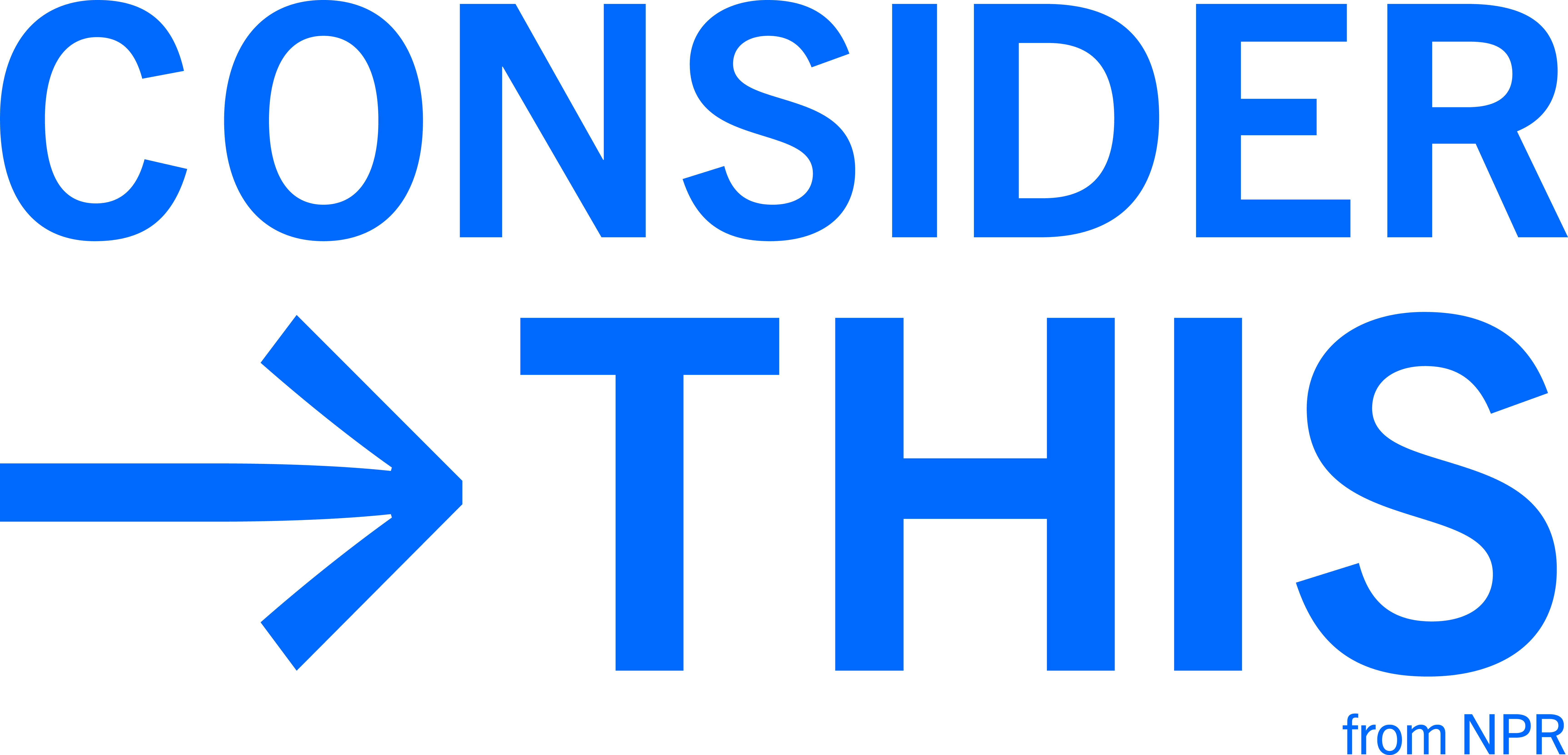Podcast: Consider This

Consider This from NPR and KERA helps you make sense of the biggest stories of the day in North Texas and beyond. It’s the first podcast - ever - to offer a mix of community and national news based on where you are, a feature currently available in North Texas and several other regions (with more on the way). We tackle a few timely topics with careful attention to their complexity, and go beyond the headlines with a quick, but thorough, take on the news. New episodes publish every weekday evening.
SUBSCRIBE:
Stories From The Podcast
-
Also called PDT, the FDA-approved therapy uses drugs activated by light to target and destroy tumor cells.
-
A 2018 study determined stroke was the third-leading cause of death in Texas.Carotid artery disease is a major cause of strokes. It narrows or blocks the arteries, on each side of your neck under the jawline, that provide the main blood supply to the brain.
-
As demand for veteran mental health services spiked in recent months, Texas has begun to invest resources into a novel treatment for PTSD.
-
The Department of Homeland Security is preparing for major volume on Monday as bridges across the U.S.-Mexico border reopen to fully vaccinated travelers. The U.S.-Mexico border is the busiest land border in the world, with more than one million people crossing every day before the pandemic struck.
-
Low dose aspirin has long been recommended to decrease the chances of heart attacks and strokes. But new guidelines say some people should not partake in this regimen.
-
A new North Texas program aimed at housing people experiencing homelessness is getting $10 million in private gifts.
-
Diverticulosis refers to small outpouching in the colon called diverticula or little sacs. Diagnosis of it is not a major cause for concern, but poor lifestyle choices can produce a different outcome.
-
Texans are eager to return to the in-person fair, but they may have to wait a little longer to get their favorite treats due to a scarcity of workers.
-
More than 165,000 Texans have been helped by the state’s $1.9 billion rental assistance program that launched during the pandemic, but people have “slipped through the cracks,” advocates say.
-
The unit’s aim is to meet local and federal health leaders’ goals of ending the HIV epidemic.









